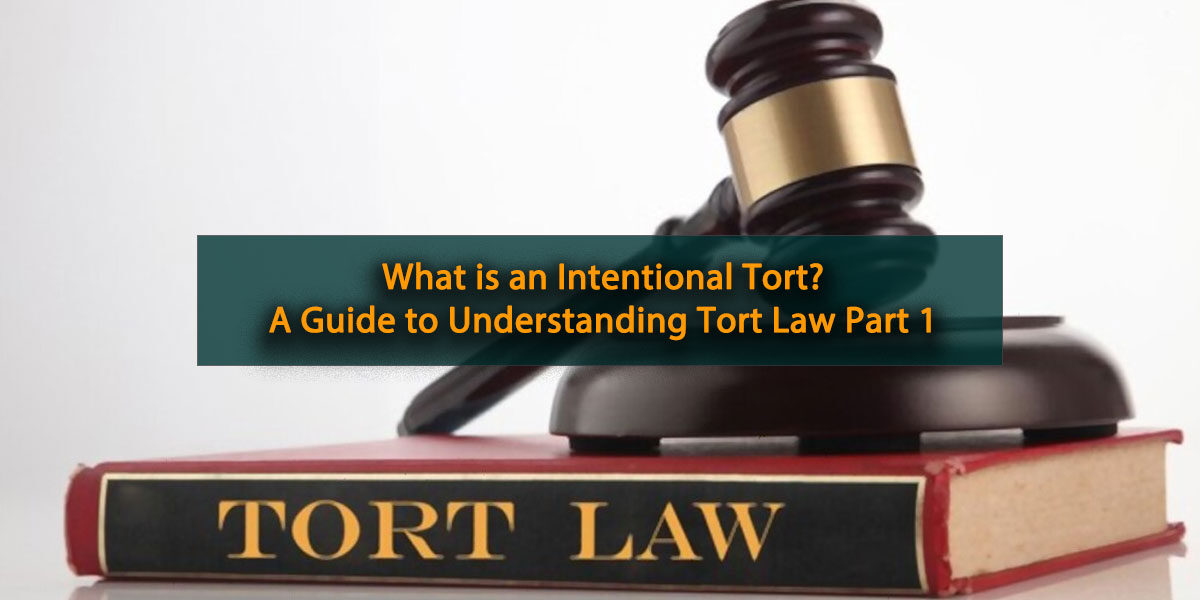Limitations and Exceptions to the Rule of Law: What Is The Rule Of Law For Intentional Tort Restatementm

The general rule of liability for intentional torts, while seemingly straightforward, is subject to several important limitations and exceptions. These exceptions reflect societal values and policy considerations that temper the strict application of liability in certain circumstances. Understanding these exceptions is crucial for accurately assessing the potential legal outcomes in diverse fact patterns. They often involve balancing the interests of both the plaintiff (the injured party) and the defendant (the alleged tortfeasor).
Consent as a Defense
A defendant can successfully argue that the plaintiff consented to the defendant’s actions, thereby negating the element of harm without consent that is essential to proving an intentional tort. This consent must be freely given, informed, and not obtained through coercion or fraud. For example, a patient who consents to surgery cannot later sue the surgeon for battery if the surgery is performed as agreed upon. However, consent obtained under duress or misrepresentation is invalid. A boxer who participates in a fight consents to the blows inherent in the sport, but not to actions outside the rules, such as a deliberate foul. The scope of consent is also critical; a person who consents to a minor surgical procedure may not have consented to a more extensive one.
Self-Defense and Defense of Others
The use of reasonable force to protect oneself or another from imminent harm is a complete defense to an intentional tort claim. The force used must be proportionate to the threat; excessive force will negate the defense. A person who is attacked can use the necessary force to repel the attack, even if that force results in injury to the attacker. Similarly, a person can intervene to defend another who is in imminent danger, provided their actions are reasonable and necessary under the circumstances. For instance, someone who intervenes to stop a mugging might use force to protect the victim, but using a deadly weapon to stop a petty theft would likely be considered excessive force.
Defense of Property
Similar to self-defense, individuals can use reasonable force to protect their property from imminent harm or theft. However, deadly force is generally not permissible to protect property alone. The level of force must be proportionate to the threat. Setting a spring gun to protect a garden shed from theft, which could seriously injure or kill a trespasser, is generally considered excessive force. On the other hand, using a reasonable amount of force to stop someone from stealing a car would likely be justified.
Necessity
In situations of emergency, actions that would otherwise constitute intentional torts may be justified by necessity. This defense requires that the defendant acted to prevent a greater harm, and that their actions were reasonable under the circumstances. For example, a doctor might perform emergency surgery on an unconscious patient without consent if necessary to save the patient’s life. Similarly, destroying property to prevent the spread of a fire might be justified by necessity. The key element is the proportionality between the harm avoided and the harm caused.
Privilege, What is the rule of law for intentional tort restatementm
Certain individuals or entities have privileges that allow them to commit acts that would otherwise be considered intentional torts. These privileges are usually granted by law and are based on the public interest. For example, police officers have the privilege to use reasonable force to make arrests, and parents have a privilege to discipline their children. However, these privileges are not unlimited; excessive force or abuse of privilege can result in liability.

Tim Redaksi